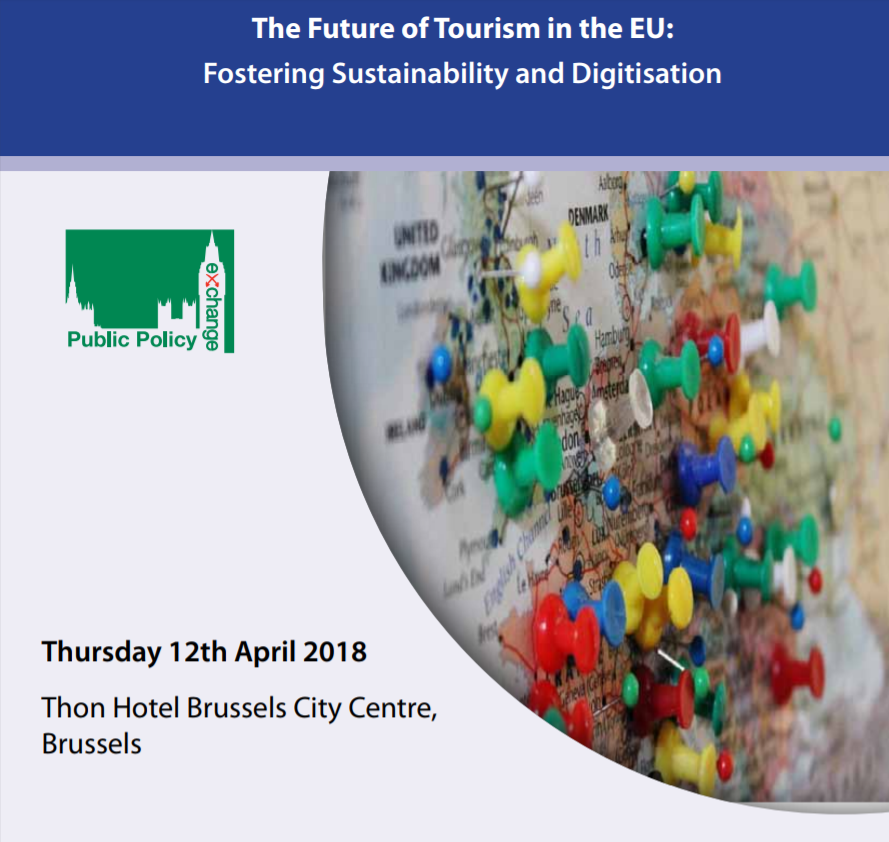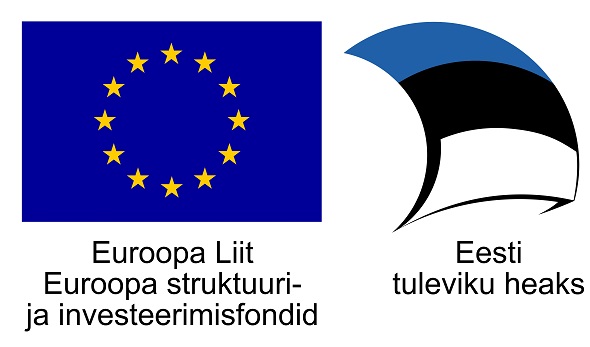The Future of Tourism in the EU: Fostering Sustainability and Digitisation

The tourism sector in the EU is estimated to generate more than 10% of the EU GDP and approximately 12% of all jobs, many of which are within SMEs (European Commission, 2010). Tourism has proved resilient in these last decades, with the EU28 hosting 478 million international tourists in 2015, a notable increase from the 331 million in 2000 (UN World Tourism Organisation, 2016). However, the industry is faced with a number of challenges that will characterise its future development, such as sustainability, the capacity to fully take into account “current and future economic, social and environmental impacts” (UNWTO), and digitisation, since tourists are increasingly reliant on the flexible and often cheaper digital services of the sharing economy.
While policy making on tourism is a national competence, the Commission progressively developed the basis of a comprehensive strategy on European tourism, laid down in the 2007 “Agenda for a sustainable and competitive European tourism”. In this framework, it launched an indicator for sustainability in the tourism sector, the European Tourism Indicators System for sustainable destination management (ETIS), and in 2017 it established the criteria for awarding the EU Ecolabel, a voluntary environmental performance certificate, to tourist accommodations. To boost competitiveness and digitisation, in 2015 the Commission launched the Digital Tourism Network, to discuss how to foster the innovation capacity of tourism entrepreneurs, and is currently redeveloping the Tourism Business Portal, a one-stop-shop providing information on digital technologies and innovative business practices. Finally, the EU plays an important role in financing tourism-related activities, as detailed in the 2016 “Guide on EU funding for tourism”, which highlights numerous funding schemes tailored on the needs of the different stakeholders.
Tourism sustainability is a very ambitious target: it often implies trade-offs between the needs and interests of the various stakeholders and a strong coordination among different policy areas. Any future development will not be inherently positive or negative, but its nature will be determined by a case-by-case assessment of the relevant factors. Similarly, the introduction of the sharing economy business model in the sector, whose most prominent example is AirBnb, should be assessed taking into account all pros and cons, since its advocates claim that it allows a more personalised approach to costumers and helps bringing tourists to destinations that were previously less popular or affordable, while critics underline a number of issues related to job and social security, compliance to standards, tax regimes and unfair competition.
Photo: Screenshot of The Future of Tourism in the EU: Fostering Sustainability and Digitisation flyer.





